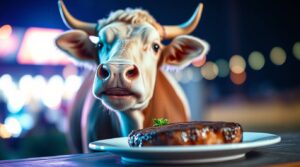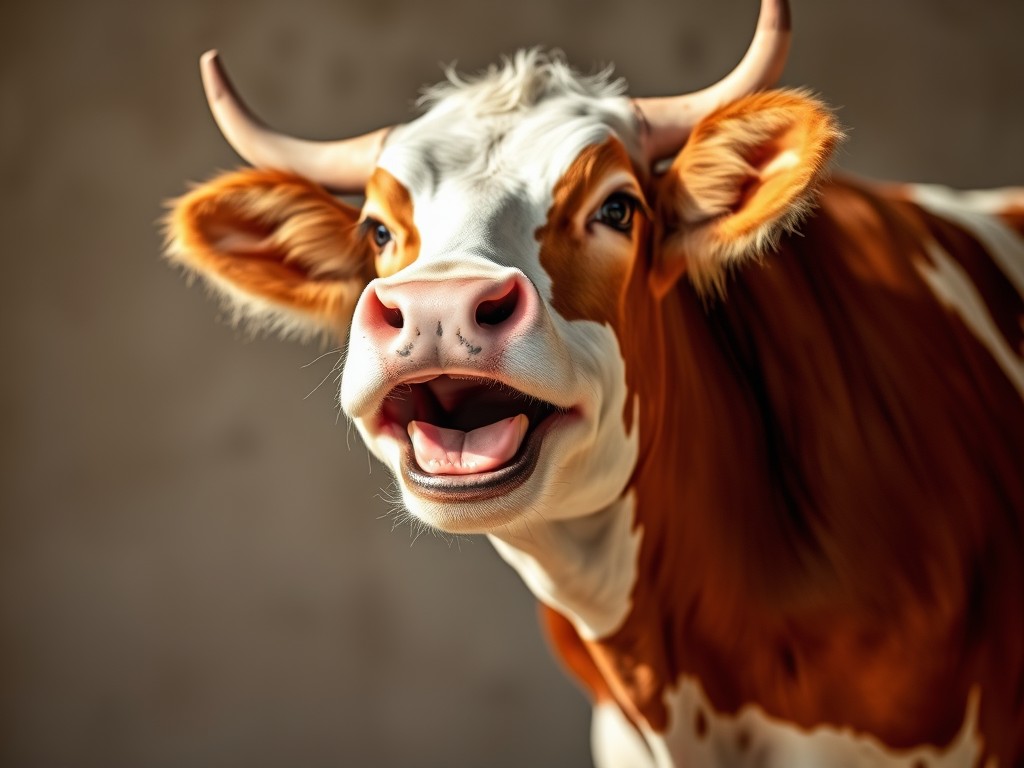
In a groundbreaking twist that challenges mainstream climate narratives, recent studies suggest that carbon dioxide (CO2) and cattle may not be the environmental villains they’ve been painted to be. This revelation comes as a shock to many, but it’s backed by compelling scientific evidence that could reshape our understanding of climate change.
Key findings:
- CO2 is essential for life on Earth and plays a crucial role in plant growth
- Cattle’s contribution to climate change may be significantly overestimated
- Grasslands, where cattle graze, can offset more CO2 than cows produce
- The natural carbon cycle efficiently processes methane from cattle
- Climate policies based on CO2 and cattle emissions may be misguided
For years, we’ve been told that rising CO2 levels and methane from cattle are driving us towards a climate catastrophe.
But what if we’ve been focusing on the wrong culprits?
While some studies suggest that the impact of cattle on greenhouse gas emissions might be less than previously thought, the consensus among climate scientists is that livestock, particularly cattle, are significant sources of methane, a potent greenhouse gas. The Food and Agriculture Organization (FAO) estimates that livestock account for approximately 14.5% of global greenhouse gas emissions, primarily through methane from enteric fermentation and manure management.
However, growing body of research suggests that not only is CO2 not the enemy, but it’s actually essential for life on our planet.
Dr. Patrick Moore, co-founder of Greenpeace and now a vocal critic of climate alarmism, states, “CO2 is the currency of life and the most important building block for all life on Earth. All life is carbon-based and CO2 is an essential ingredient for photosynthesis in plants.”
This sentiment is echoed by Dr. William Happer, Professor of Physics at Princeton University, who argues, “The demonization of carbon dioxide is just like the demonization of the poor Jews under Hitler. Carbon dioxide is actually a benefit to the world.”
But what about those methane-producing cows? Aren’t they major contributors to greenhouse gases?
Not so fast, says new research from the University of Nebraska-Lincoln.
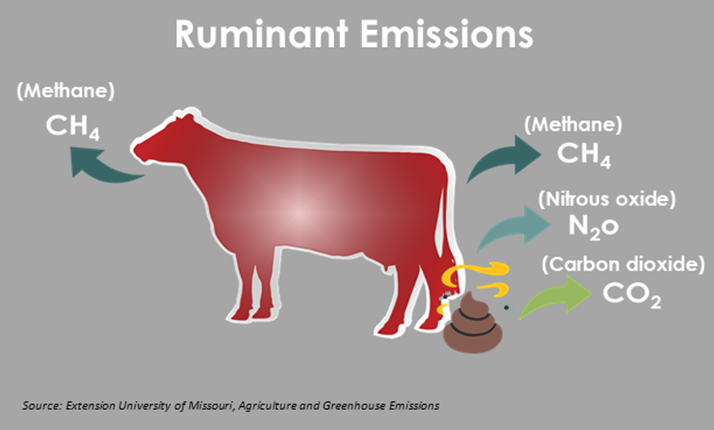
Lead researcher Galen Erickson and his team have found that grasslands where cattle graze can actually capture more CO2 than the animals produce.
Research does indicate that well-managed grasslands can sequester carbon. However, this does not negate the emissions produced by cattle. The effectiveness of carbon sequestration in grasslands is contingent on various factors, including management practices, climate conditions, and the type of vegetation present.

“With adequate precipitation, we are seeing that grasslands can take up more CO2 and carbon in the soil and plants, that offsets the CO2 that cattle are producing but it also offsets the methane,” Erickson explains.
This finding is corroborated by a study published in the journal Agricultural Systems, which found that cattle grazing, when managed properly, can actually increase soil carbon sequestration, potentially offsetting greenhouse gas emissions.
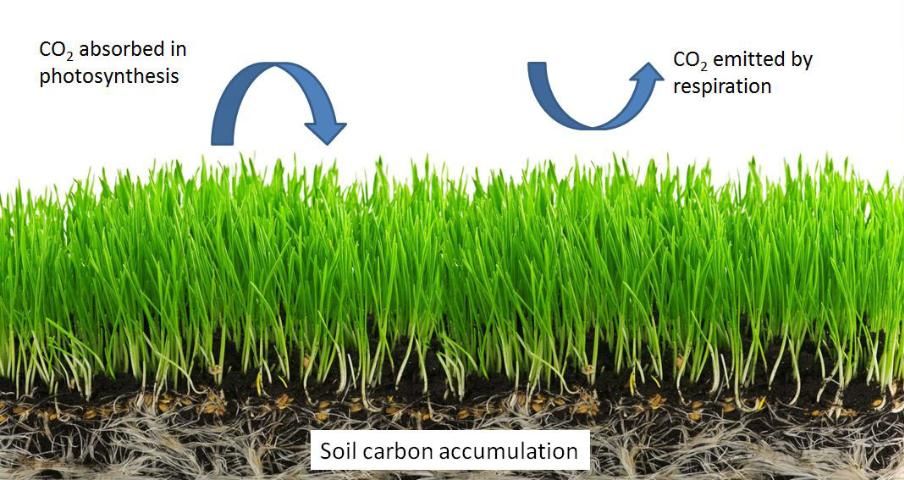
Moreover, the natural carbon cycle efficiently processes methane from cattle. Dr. Frank Mitloehner, Professor of Animal Science at UC Davis, points out, “Methane from cattle is part of a natural carbon cycle that’s been happening for millions of years. It breaks down into CO2 and water in about a decade, which is then absorbed by plants.”
Critics argue that, while methane does break down into CO2 and water over time, its global warming potential is significantly higher than that of CO2 in the short term. Methane is estimated to be 28-34 times more effective than CO2 at trapping heat over a 100-year period. Thus, while it may be part of a natural cycle, its impact on climate change is substantial and cannot be dismissed.
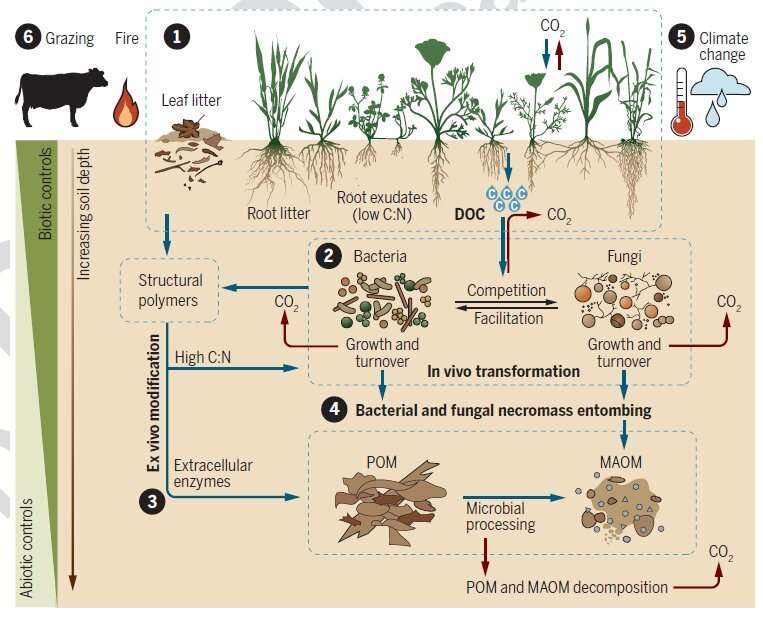
However, these revelations raise serious questions about current climate policies that focus heavily on reducing CO2 emissions and limiting cattle farming. Are we misallocating resources and potentially harming vital industries based on flawed assumptions?
As we grapple with these new findings, it’s clear that the climate change debate is far from settled. Perhaps it’s time to reassess our understanding of CO2, cattle, and their roles in our environment. After all, as the famous physicist Richard Feynman once said, “Science is the belief in the ignorance of experts.”
In light of this new evidence, it seems the real change we need might be in our thinking.
RELATED: Bill Gates’ Geoengineering Gamble Faces Scrutiny
References
Research shows cattle might not contribute as much to climate change as previously thought, Oct 20, 2023
Risk to rely on soil carbon sequestration to offset global ruminant emissions, Nature, 22 November 2023
Cows and cars should not be conflated in climate change debates, November 2, 2021
3 myths debunked: Animal agriculture’s real impact on the environment, May 28, 2020
Scientists understand cattle not climate villains, but media still missing message, 25/05/2020
Carbon Sequestration in Grazing Land Ecosystems, October 25, 2018
Cow Farts Aren’t The Only Food-Related Climate Culprit, August 13, 2019
Carbon sequestration a positive aspect of beef cattle grazing grasslands, December 1, 2016
